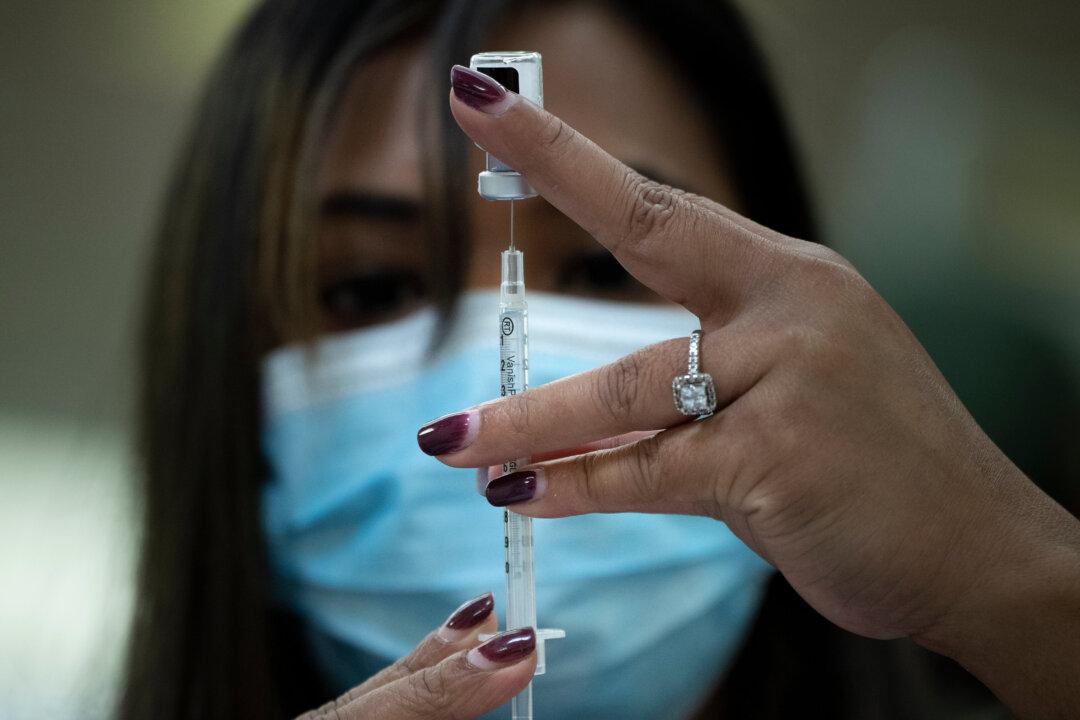More than 1,200 cases of heart inflammation in adolescents and young adults following Pfizer’s or Moderna’s COVID vaccine have been reported to health authorities in the United States, the Centers for Disease Control and Prevention (CDC) said on June 23.
The bulk of the reports submitted to the Vaccine Adverse Event Reporting System, a passive reporting system run by two top health agencies, dealt with myocarditis or pericarditis experienced after a second dose of a messenger RNA-based COVID-19 vaccine.





